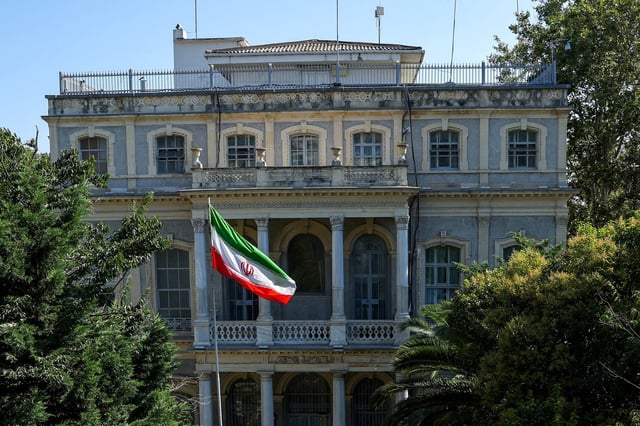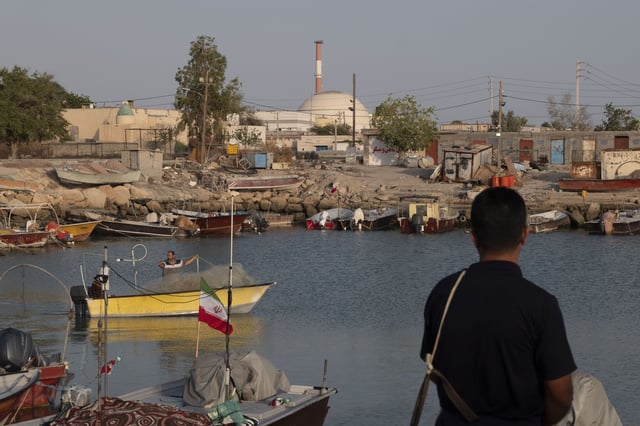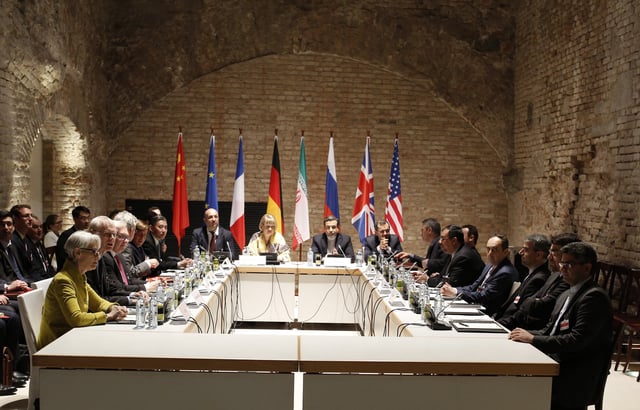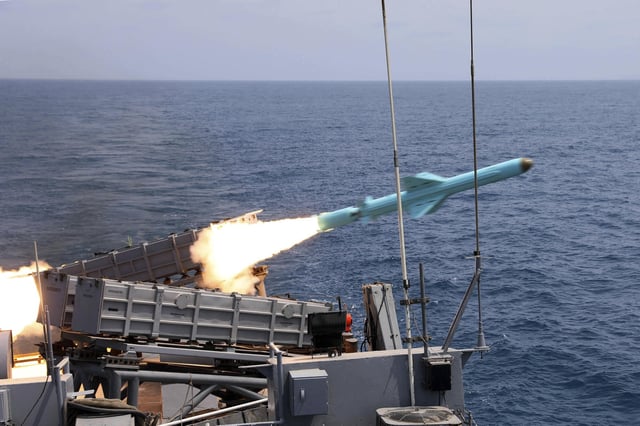Overview
- Deputy-level negotiators from Britain, France, Germany and Iran meet Tuesday in Geneva in a final bid to avert the Europeans’ plan to trigger the JCPOA snapback mechanism.
- The E3 told the UN they will move by the end of August unless Iran resumes talks with the U.S., allows inspectors back into nuclear sites, and accounts for roughly 400 kilograms of uranium enriched to 60%.
- Iran disputes the Europeans’ legal authority to invoke snapback and has warned of consequences, including possible withdrawal from the NPT and further curbs on cooperation with the IAEA.
- Russia and China publicly oppose an E3-triggered snapback, and a report says Moscow has floated a draft to extend UN Resolution 2231 as the mechanism’s October expiration approaches.
- If activated, snapback would restore pre-2015 UN sanctions—arms and missile-related restrictions, nuclear trade bans, asset freezes and travel limits—with analysts expecting short-term economic pain tempered by continued trade with partners such as China, the UAE and Iraq.



